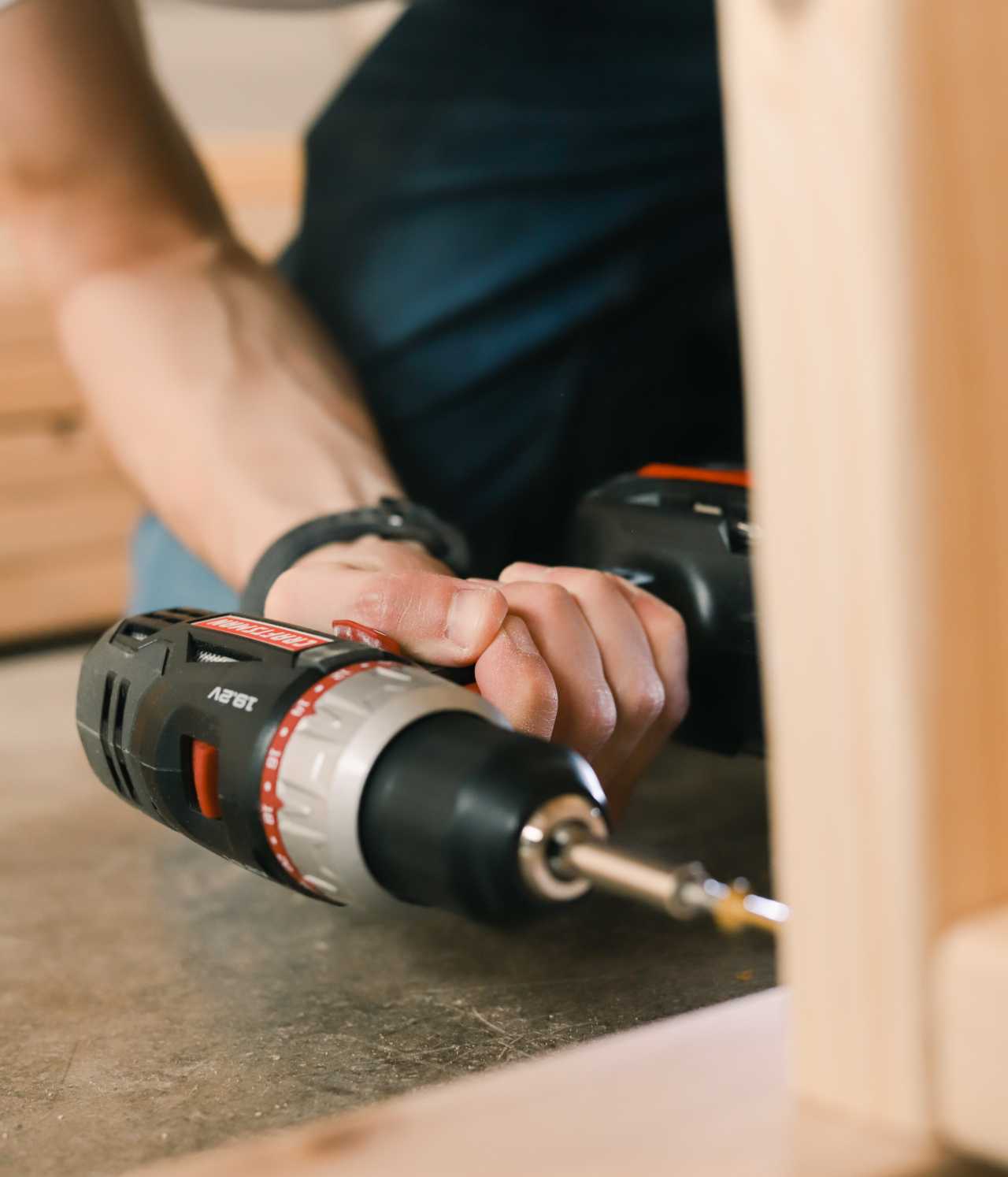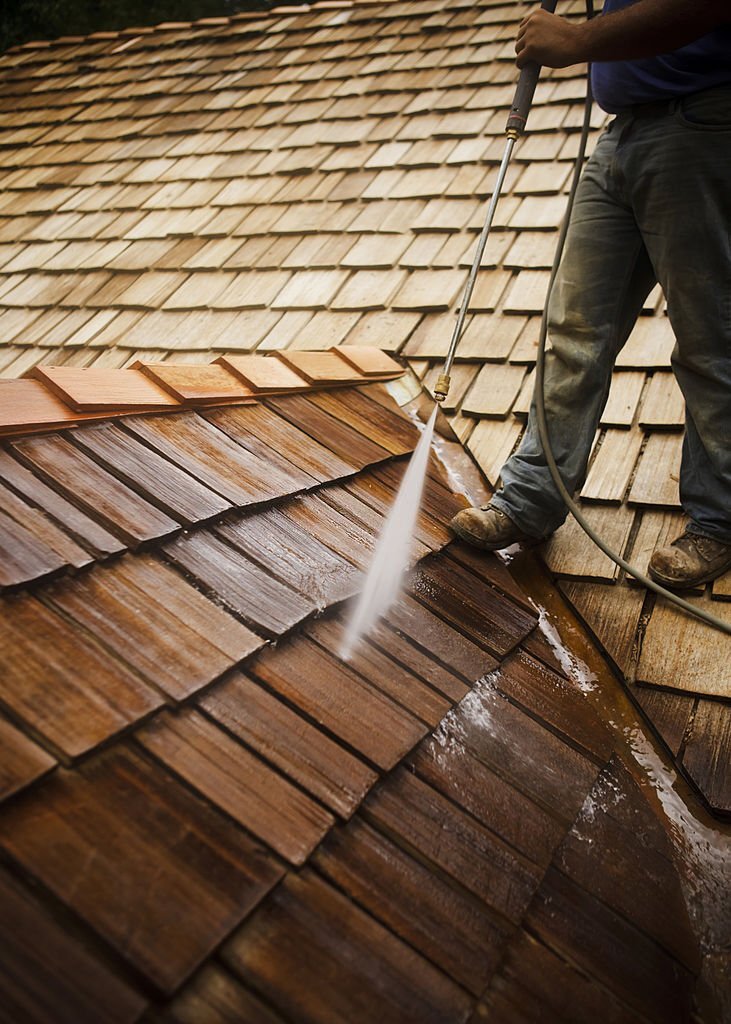
Pressure Washing vs Soft Washing: A Comprehensive Comparison
Pressure Washing vs Soft Washing: A Comprehensive Comparison
Quick Navigation
Pressure washing and soft washing are two of the most popular cleaning techniques used today. However, they are quite different, and it’s essential to understand these differences to choose the right approach for your specific needs. Let’s break it down.
Quick Summary: Pressure Washing vs Soft Washing
The Basic Differences
When to Choose Which?
Pressure washing is a go-to for hard surfaces like concrete, brick, or metal, where tough grime can be blasted away. Soft washing, however, is your friend when dealing with more delicate surfaces like wood, vinyl siding, or roof shingles. It’s also great at tackling organic matter like mold, algae, and mildew.
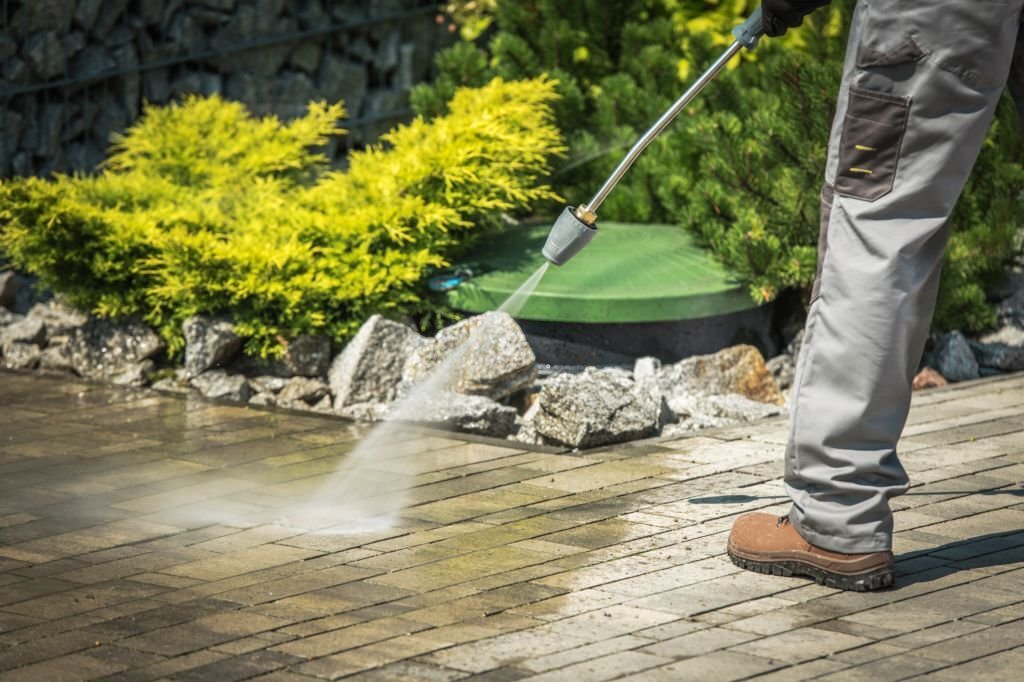
Delving Deeper into Pressure Washing
What is Pressure Washing?
Pressure washing involves the use of a high-powered machine that sprays water at a high pressure. It’s like giving your surfaces a power workout! This technique works well on sturdy, exterior surfaces like driveways, sidewalks, decks, and patios.
When is Pressure Washing Recommended?
Pressure washing is recommended when you’re dealing with tough, inorganic stains such as oil, dirt, or gum on hard surfaces. It’s also a fantastic tool when you need to strip away loose paint or prepare a surface for repainting. Just remember, it’s a tough-love approach, so avoid using it on delicate materials that could be damaged by the high pressure.
Pros and Cons of Pressure Washing
Pressure washing is an efficient and effective method for heavy-duty cleaning. It can tackle and remove stubborn grime that other cleaning methods might struggle with. However, it’s not all roses. The high pressure used in this method can potentially damage soft or delicate surfaces. It also uses a lot of water and, without the proper controls, can lead to water waste.
Understanding Soft Washing
What is Soft Washing?
If pressure washing is a power workout, then soft washing is like a relaxing yoga session. It utilizes a low-pressure nozzle attached to a pressure washing gun or wand. Soft washing is more about the cleaning solution doing the work. The solution is applied and given time to do its magic, breaking down the dirt, grime, or organic matter. Then it’s gently rinsed away.
When is Soft Washing Recommended?
Soft washing is perfect when dealing with delicate surfaces where high pressure could cause damage. It’s your best bet for things like wood panel siding, cedar shake, screens, windows, and more. It’s also recommended for cleaning off biological elements like mold, moss, algae, and fungus. Trust me, when it comes to tasks like these, soft washing is as soothing to your home as a day at the spa is for you.
Pros and Cons of Soft Washing
Soft washing is excellent for a gentle yet effective deep clean, reaching into nooks and crannies that high pressure might miss. It’s also generally safer for your surfaces. But it’s not perfect. The cleaning solution used can be harmful if it gets onto your plants or if it’s not properly rinsed away. Plus, without the right expertise, determining the correct mix of solution can be tricky.
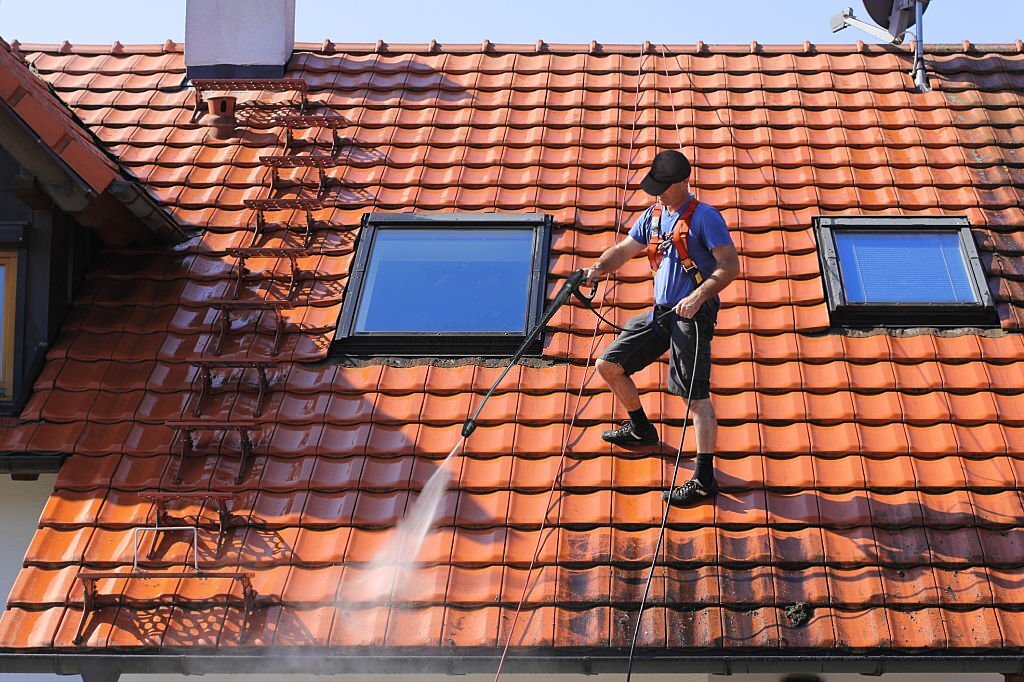
Detailed Comparison Between Pressure Washing and Soft Washing
Techniques and Methods
While both use high-powered machines, the method of cleaning differs. Pressure washing relies on the force of water, kind of like pressure washing a deck or pressure washing cars. Soft washing, on the other hand, uses the cleaning solution as the star player, with the water pressure playing a supporting role.
Cleaning Solutions Used
Pressure washing often uses water alone, though sometimes a detergent may be added for certain jobs. In contrast, soft washing relies heavily on the cleaning solution, which usually includes a mix of bleach and water, with a surfactant to help the solution stick to the surface longer.
Time and Cost
Pressure washing can be quicker because the high pressure works fast. Soft washing can take a bit longer because the solution needs time to work. As for cost, it can vary. Pressure washing might need less chemical solution, but more water. Soft washing requires more solution but less water.
Impact on the Environment
Both methods can impact the environment. Pressure washing uses more water, potentially leading to waste. Soft washing uses chemicals that can be harmful if not handled correctly. It’s a balance between water conservation and chemical use.
Making the Right Choice: Pressure Washing or Soft Washing?
Assessing the Surface Type
The first step is understanding the surface you’re dealing with. Tough surfaces like concrete or brick can take the brute force of pressure washing, making it ideal for tasks such as pressure washing driveways or even a house. Delicate surfaces like wooden decks or old masonry might call for the gentle touch of soft washing.
Consideration of Surroundings
Next, think about your surroundings. If you’re dealing with a lot of plants or water-sensitive areas, the chemicals used in soft washing might not be the best choice. On the other hand, if water usage is a concern (because let’s face it, none of us want a skyrocketing water bill due to pressure washing), you might lean towards soft washing, which uses less water.
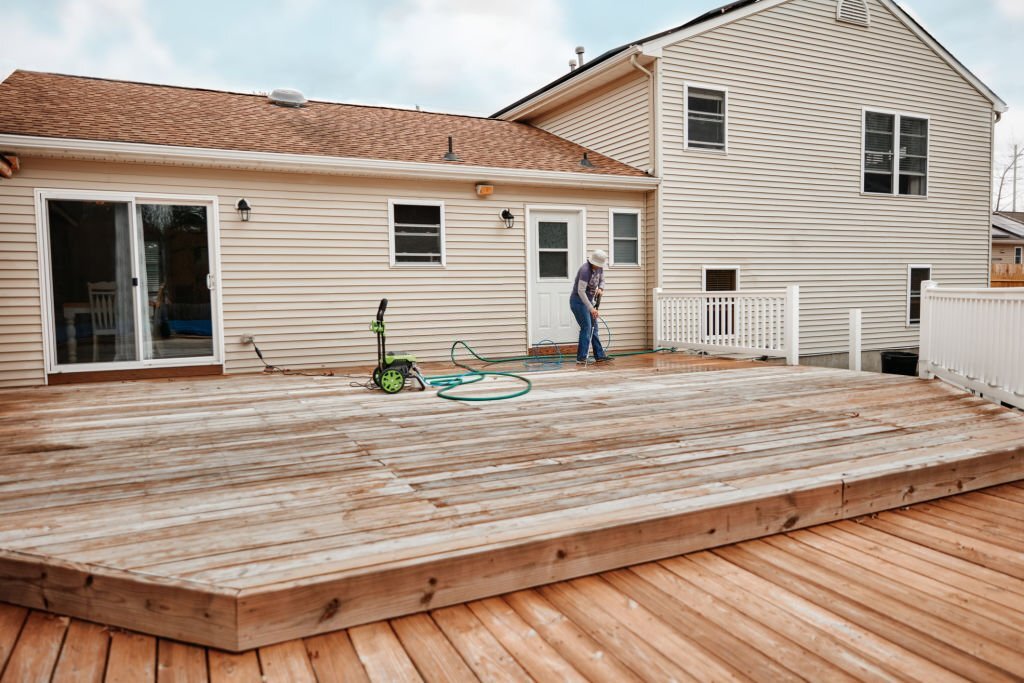
Consulting a Professional
I’m all for a good DIY project, but sometimes it’s best to consult a professional. They can assess your particular situation and make an informed recommendation. Especially during winter, pressure washing companies in the winter have specific methods and precautions. They can also help with things like teaching you how to winterize your pressure washer to ensure your equipment lasts.
Picking the Right Method for You
Pressure Washing: Best for Heavy-Duty Cleaning
If you’ve got heavy grime or a hardy surface, pressure washing is your go-to. It’s like a power tool, great for heavy-duty jobs where you need a bit of muscle. It’s also an excellent choice if you’re thinking of pressure washing as a business due to its versatility.
Soft Washing: Ideal for Sensitive Areas and Organic Stains
For those delicate surfaces or when dealing with organic materials like algae or mold, soft washing comes in like a gentle hand, cleaning without causing damage.
No matter which method you choose, you’ll be sure to have a cleaner, more appealing home or workspace. Remember, the best tool is the one that’s right for the job. Now, go forth and clean!
Join The Ride
Subscribe to our occasional newsletter with the best power tool deals and how-to guides
